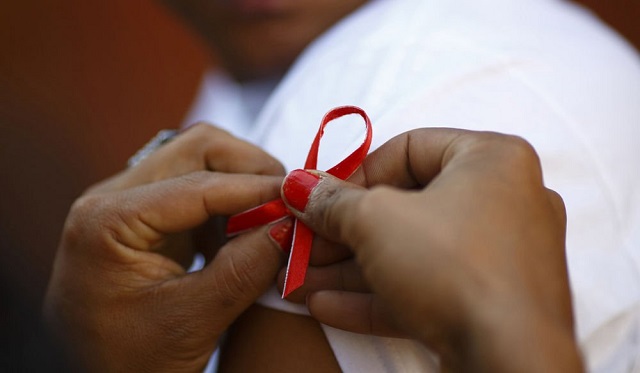
UNAIDS says it will hurt fight against HIV/AIDs if it becomes law
Kampala, Uganda | PATRICIA AKANKWATSA The Joint United Nations Programme on HIV/AIDS (UNAIDS) has said that the Anti-homosexuality Bill that parliament passed on May 02 will undermine Uganda’s efforts to end AIDS by 2030 if signed into law.
UNAIDS East and Southern Africa Director Anne Githuku-Shongwe said in a press statement that, if passed into law, the new Bill would undercut the excellent progress Uganda has made in tackling the AIDS pandemic.
“It would drive communities away from life-saving services, and obstruct health workers, including civil society groups, from providing HIV prevention, testing and treatment,” she said, “ It will violate fundamental human rights including the right to health and the very right to life.”
Uganda already has a robust anti-homosexuality law but amendments to it have been a controversial topic for several years. The latest amendment Bill aims to impose harsher penalties; including life imprisonment and death for certain homosexual acts.
UNAIDS has called on the Uganda government to reconsider the proposed Bill and instead focus on promoting human rights, ending discrimination and stigma, and ensuring access to essential health services for all. It says it is crucial that the voices of marginalized communities, including the LGBTQ+ community, are heard and that their rights are protected.
“The harmful Bill stands in marked contrast to a positive wave of decriminalisation taking place in Africa and across the world. Public health organisations welcomed the President’s rejection of the earlier Bill. As this new Bill, like the earlier Bill, would hurt public health, it too should not be enacted,” Githuku-Shongwe said.
She added that in Uganda, gay men and other men who have sex with men are less likely to have access to the HIV testing, treatment, prevention and care services that could keep them healthy, in part because of the stigma and discrimination they face in health-care settings and throughout society.
“The Anti-Homosexuality Bill, if passed, would only exacerbate this situation by criminalising homosexuality and driving these communities further underground. This would make it harder for healthcare workers to provide essential services and increase the risk of transmission of HIV/AIDS,” she said.
Currently, 1.4 million Ugandans are living with HIV and millions more who are at greatest risk of infection. Approximately 25% of new HIV infections are members of criminalised populations and their partners. These include sex workers, men who have sex with men, people who inject drugs, and people in prisons.
Moreover, when the Bill was first passed on March 21, the U.S. expressed alarm over the new Bill, with National Security Council spokesperson John Kirby warning of economic “repercussions” for Uganda on March 22.
Dr John Nkengasong, who leads The U.S. President’s Emergency Plan for AIDS Relief (PEPFAR) highlighted that they invest annually to support Uganda’s HIV response and this bill “jeopardises efforts to end HIV/AIDS, achieve health equity & risks the lives of LGBTQI+ individuals & other key populations.
“The impact of our PEPFAR funding, which is aiding Uganda to end HIV/AIDS as a public health threat by 2030, would be severely compromised if we were not able to provide services to Ugandan citizens,” he said adding that U.S. health assistance to Uganda sought to ensure all who needed access to health care receive those services, including the LGBTQ+ community,”
However, while speaking in parliament about the Bill and its implications, the state minister for Sports, Peter Ogwang, urged MPs not to be intimidated by the Western World citing social media reports of plans to withdraw aid under the Ministry of Health meant to tackle HIV/AIDS in the country.
“Have they been giving us that aid for purposes of promoting homosexuality in Uganda? Studies have shown that homosexuals are the ones spreading AIDS. Friends, do not be shy. You were born to be in Uganda and we will remain Africans,” said Ogwang.
 The Independent Uganda: You get the Truth we Pay the Price
The Independent Uganda: You get the Truth we Pay the Price



